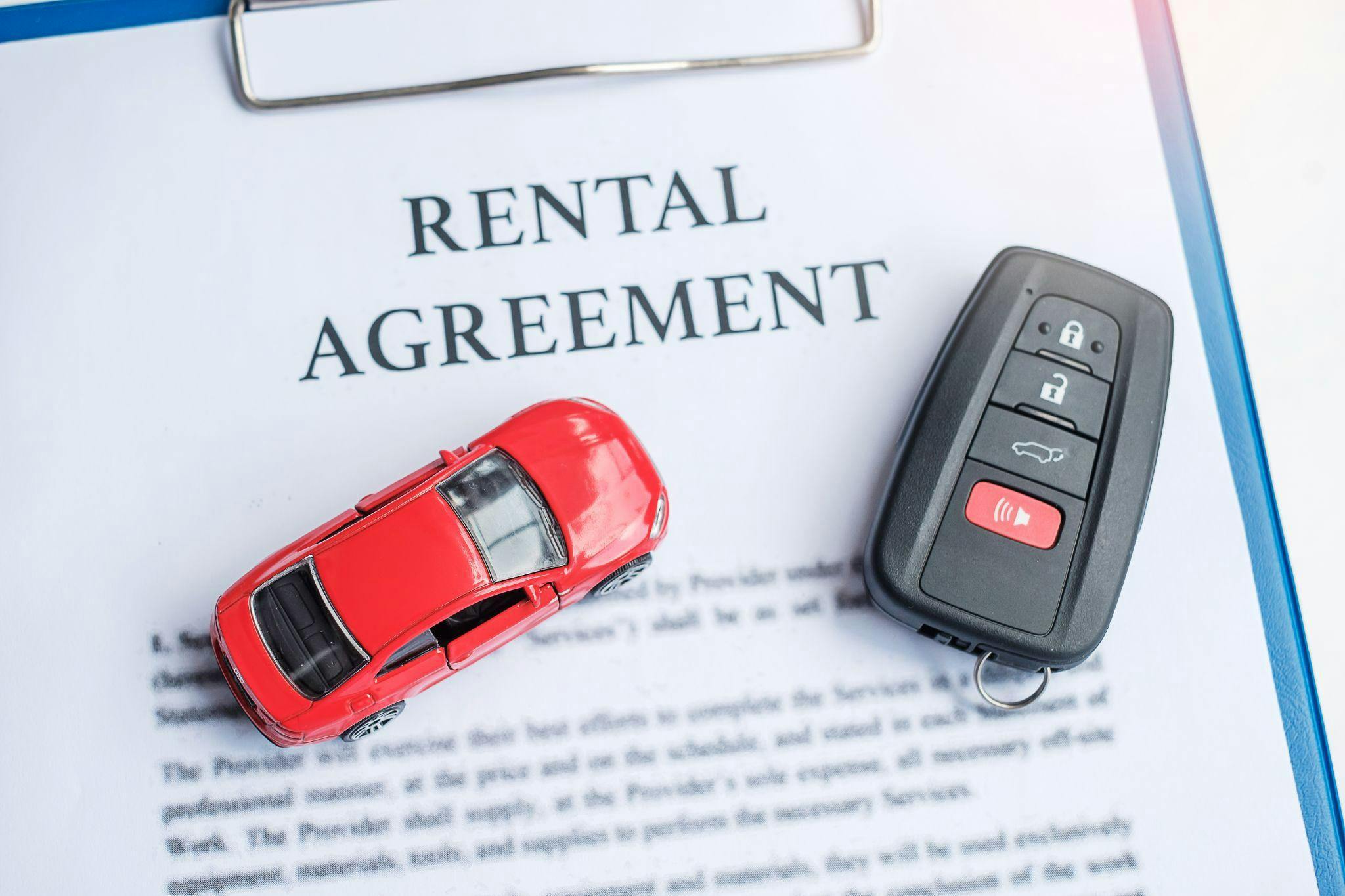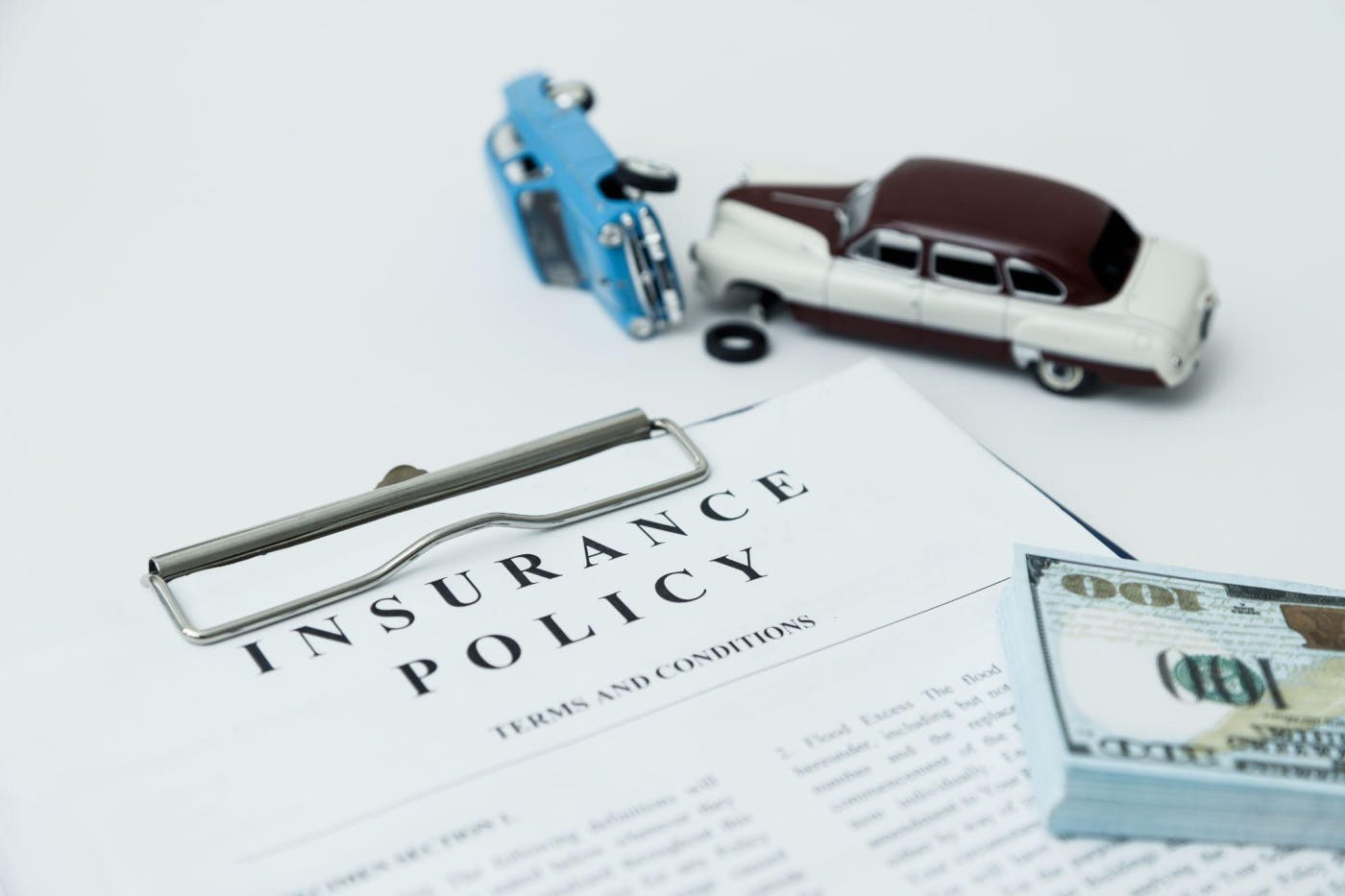Talking to Elderly Parents About Safe Driving

As your parents get older, talking to them about their driving habits may become necessary. You may suggest that they consider alternate options for transportation. Navigating this conversation can be challenging. It’s a sensitive topic that requires a careful, empathetic approach.
Understanding the Risks
As drivers age, their abilities often change. Elderly drivers may face various challenges, including slower reaction times, reduced vision, hearing impairments, and the impact of medications or age-related health issues such as arthritis or dementia.
In addition, many features of modern roadways are not optimized to accommodate elderly drivers. This includes modern traffic signals, laws, licensing practices, and vehicles – all of which may prove challenging for an older driver.
The good news is that elderly drivers are likelier to practice safe habits such as wearing a seatbelt, only driving when necessary, and never driving while intoxicated. However, more is needed to offset the risks that can come with aging.
Preparing for the Conversation

Before initiating the conversation, be sure you are ready to approach with the right attitude. Make it as easy as possible for your parents to adjust to your perspective. Take time to understand the common challenges and fears elderly drivers face so you can address their concerns gently and effectively.
Research the details of safe driving for seniors to understand better the risks and solutions involved. You can find helpful information from a variety of sources, such as:
- Insurance Institute for Highway Safety
- National Safety Council
- National Highway Traffic Safety Administration
- Governors Highway Safety Association
- American Automobile Association
It may be helpful to involve a doctor or a driving assessment professional who can provide an objective perspective on the elderly parent’s driving capabilities.
Initiating the Conversation
When the time comes to talk to your parents, try to make it comfortable for them. Choose a familiar, non-threatening environment where they feel most at ease, such as in their home.
Approach the topic empathetically, using “I” statements to share your perspective. (E.g., “I’m concerned about your driving,” or “I want to know that you’re safe.”) Avoid making accusations or provoking a defensive response.
Actively listen to what they have to say. Take their views seriously and acknowledge their fears or frustrations. This discussion may be tough for them to hear, so give them space to express themselves freely.
Above all, try not to let the conversation become confrontational. You’re doing this to help, first and foremost.
Possible Alternative Transportation Solutions
If the time comes when a parent should be driving less (or not at all), you can help by connecting them with other options for transportation. Common examples include:
- Public transit: Many regions have senior-friendly public transportation options.
- Ride-sharing services: Companies like Uber and Lyft can be good choices for elders. Some even offer senior-specific services. (Just ensure they are well-versed on how to stay safe when ride-sharing.)
- Senior shuttle services: Community-based services often provide transportation for older residents.
- Family and friends: Ideally, the best way to provide safe transportation for your parents is through family and friends. This option can be the cheapest, safest, and most comfortable avenue. If possible, organize a system for family members to help out regularly.
Supporting Independence and Dignity

When helping your parents transition to new modes of transportation, focus on maintaining their independence through safe means. Discuss how alternative transportation can still fulfill their mobility needs without compromising safety. Highlight that your goal is not to restrict their freedom but to help them adapt to changing needs.
No matter what happens, ensure that they never feel isolated or abandoned. Encourage the family to develop a supportive approach to assist with the transition.
Over time, there may be further medical or legal considerations. Regular medical check-ups can help assess fitness to drive. For example, conditions like impaired vision or cognitive decline are crucial to determine what’s safe.
Minnesota requires periodic driver’s license renewal tests. During the renewal process, senior drivers must undergo a basic vision test to operate a motor vehicle safely. If the vision test results are unsatisfactory, they may be referred to a vision specialist for a full examination. Ultimately, they may not be allowed to renew their license.
While these factors are out of your hands, you can still help your parents adjust to the new rules.
Additional Resources
A wide variety of organizations could be helpful for you and your parents as you navigate their future on the road. For example:
- AARP: Offers actionable advice as well as senior safety courses.
- National Institute on Aging: Provides guidelines on older drivers and safety concerns.
- Seniors for Safe Driving: This organization offers mature driver improvement courses that educate senior drivers on how aging affects driving abilities and how to adjust driving practices accordingly.
Protecting Your Loved Ones Is Always Worth It
Elderly driving can be a complex and sensitive topic. Talking to your parents about their driving may be uncomfortable. After all, driving is an integral part of maintaining independence and mobility. However, safety should always come first.
Using the tips in this guide, you can help your loved ones transition into this new phase of life as smoothly as possible.
If you or a loved one are injured in an accident, you may be entitled to compensation – and we can help you get it. SiebenCarey is the ONLY Minnesota law firm with 70 years of experience helping injury victims get fair compensation. When you partner with the SiebenCarey team, you’ll get the benefit of:
- Specialized legal expertise honed over seven decades
- A track record of award-winning successes
- Proven proficiency in both negotiation and courtroom proceedings
- Extensive legal resources
- An entire team of skilled lawyers, paralegals, and in-house investigators
- A strong focus on client communication and care under the “Know Your Rights” initiative
Plus, we provide all our services on a contingency fee basis. That means you won’t owe us a dime unless we win your case.
Our team is standing by to answer your questions!













